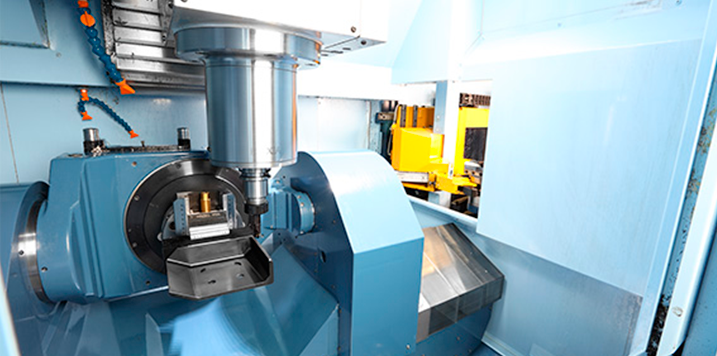 26 June, 2023
26 June, 2023Project BERMEK aims to develop a sustainable machining system by applying GREEN MANUFACTURING processes in order to machine value-added components in better-than-current market conditions and, thus, adapt traditional manufacturing processes to the new European GREEN DEAL, transforming them in a more sustainable, healthy and competitive process. The technical objectives (TOs) this project strives to achieve are:
- To completely eliminate hazardous cutting oils and coolants by implementing, at industrial level, a comprehensive machining process cooling solution with CO2 and MQL (Minimum Quality Lubrication), capable of using both technologies combined (CryoMQL) or on a stand-alone basis, and prioritising the use of plant-based oils.
- To increase the efficiency of machining processes from an energy consumption standpoint, thereby optimising the parameters of the process in order to maximise the relationship between the MRR (material removal rate) and the amount of energy consumed.
- To maximise the life cycle of the cutting tools by using MQL alongside refrigeration which produces liquid CO2, since this enhances performance.
- To minimise waste generated by the machining process by reducing the amount of cutting fluid used. This technology will not generate any waste or component that requires recycling or removal, such as, for instance, swarf impregnated in cutting fluid, filters and sludge. All excess material can be recycled after use directly as a raw material, facilitating its re-use.
- To reduce costs associated to the machining process. On the one hand, thanks to reducing the cost associated to waste management and, on the other hand, thanks to optimising the efficiency of the machining process and the tool’s useful life. Economically speaking, the use of this type of cutting fluid has a repercussion on the manufacturing cost of the part of up to 17%, even increasing to 30% in the case of hard-to-machine materials.
In addition, developing the BERMEK project will enhance the quality of life of the workers in the machining process, since using cutting fluids can generate issues such as skin irritation, acne, loss of lung function, pneumonia and even skin or lung cancer. The strategy to guarantee an environment free from toxic substances will therefore contribute to improving occupational health and the environment as well as promoting innovation for developing safe and sustainable alternatives. The manufacturing industry and, specifically, companies that produce using swarf removal techniques, widely used in the Basque Country, must collaborate to balance health and the environment with greater global competitiveness.
 26 June, 2023
26 June, 2023